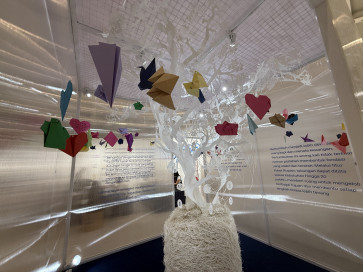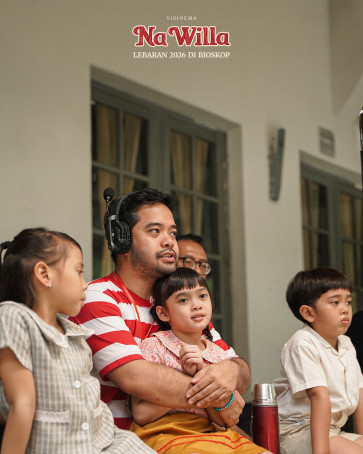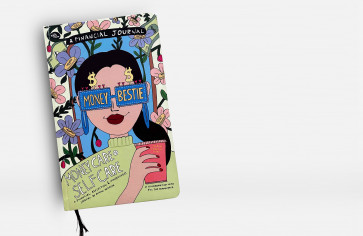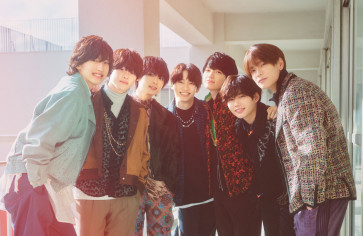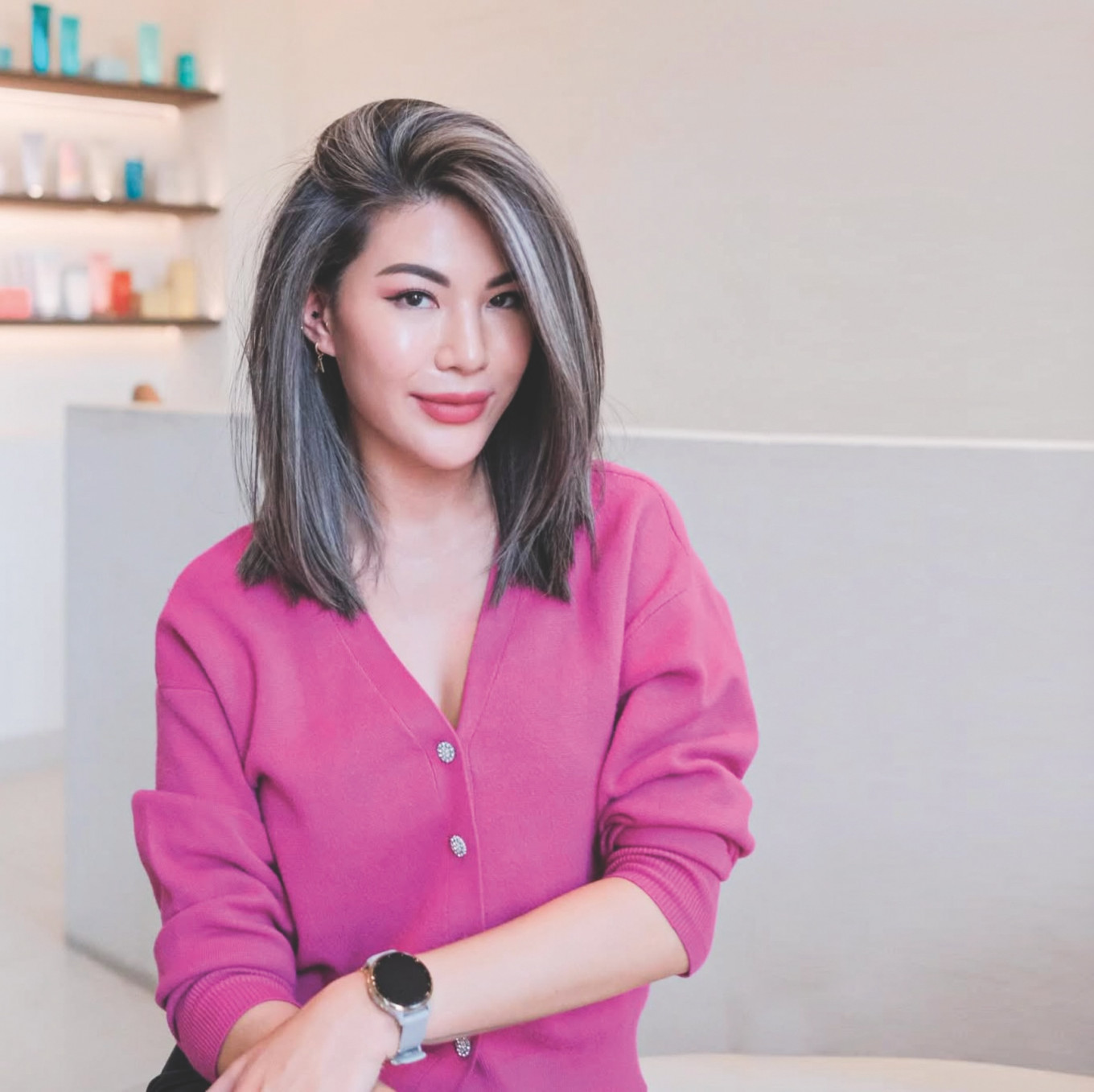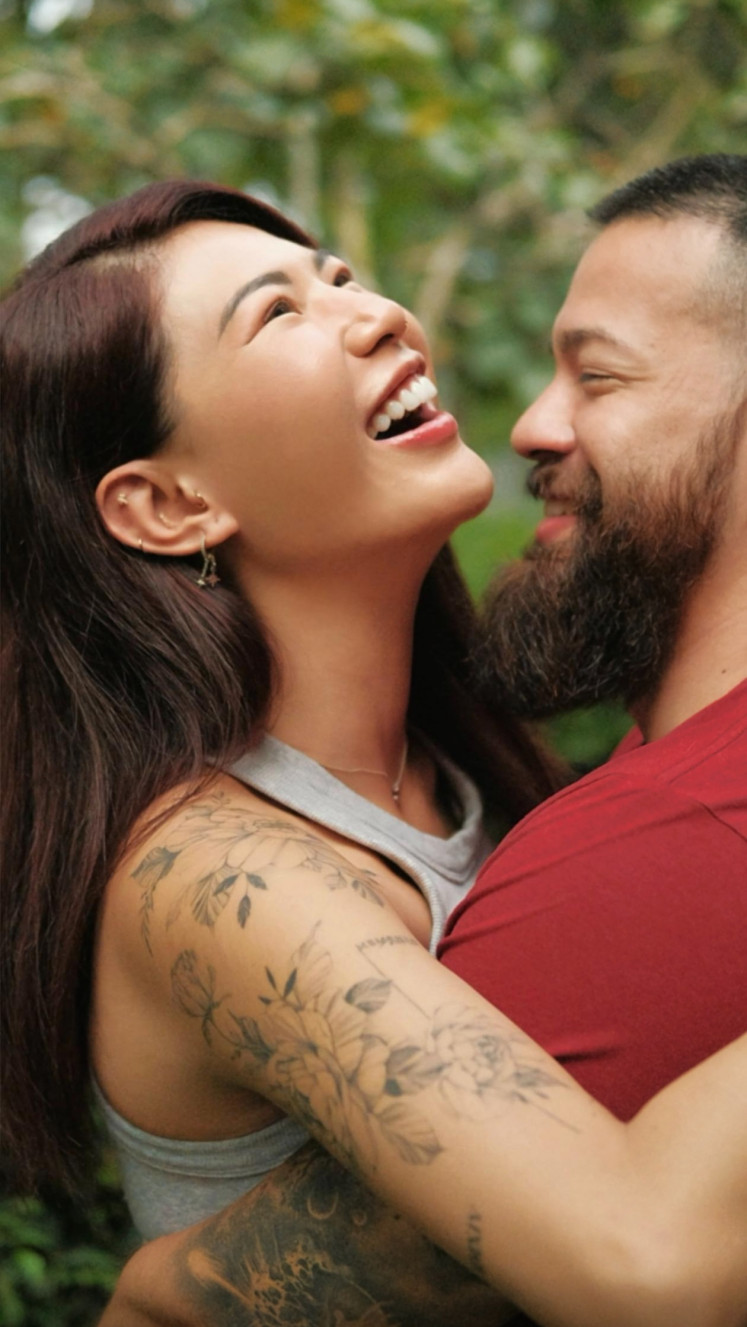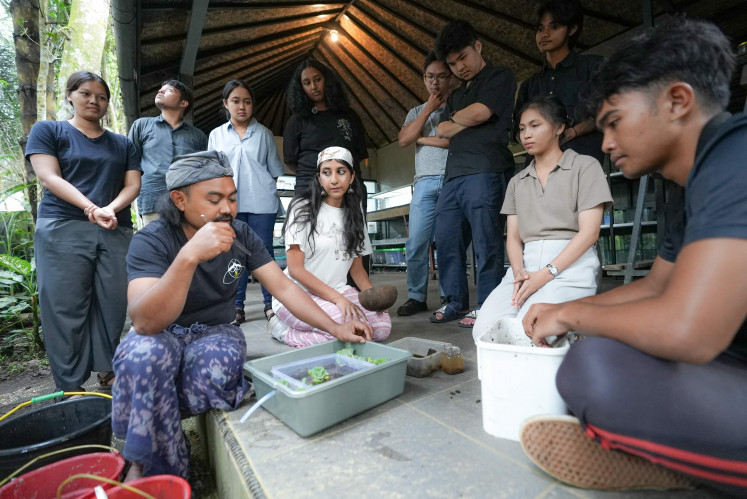Love is supposed to follow a script. Meet the right person, date for a while (but not too long), settle down and build a future together.
But what if what you want doesn’t fit neatly into that mold? What if love isn’t just between Adam and Eve, but also Steve? Maybe even more?
Enter non-monogamy, an umbrella term that covers polyamory, polygamy, swinging and everything in between; basically any relationship that involves more than two people. To traditional eyes, this equates to infidelity, immorality and promiscuity.
But there is a way to do it ethically, says content creator and entrepreneur Andrea Gunawan, one of the few openly practicing ethical non-monogamists in increasingly conservative Indonesia.
“I feel like it’s more fulfilling, rather than being committed to just one person for the rest of your life, to allow yourself to form a connection with multiple people, be it platonic, romantic and/or sexual,” she says.
Known online as @catwomanizer, Andrea regularly posts thought-provoking topics, ranging from relationship dynamics to mental and sexual health. Though her posts on ethical non-monogamy spark plenty of snarky and judgemental comments, her 226,000-follower count suggests her lifestyle preferences might not be as taboo as you’d think.

Thank you!
For signing up to our newsletter.
Please check your email for your newsletter subscription.
Over floral milk tea and kombucha, I park the relationship assumptions I grew up with and listen to her explain how ethical non-monogamy works.
"Our agreement is to let each other know when there's an intention before we take action." - Andrea Gunawan
It’s not what you think
Andrea bristles at the assumption that polyamorous relationships are, as the comment section claims, just “validated cheating”.
While infidelity is technically a form of non-monogamy, it falls under the unethical category. For non-monogamy to be ethical, she says, everyone involved must be fully aware and consenting.
“To me, cheating involves deceit. It’s often done behind someone’s back, which shows disrespect and betrayal, among others,” she explains.
“In ethical non-monogamy, we value honesty and openness. Everyone involved knows and agrees to it. Ethical means consensual and based on agreement.”
Another common misconception related to open relationships is an avoidance of commitment. Instead, Andrea counters, it’s the other way around. If anything, it’s more work.
“In a way, it’s harder because there’s more components and a lot more to communicate,” Andrea says.
Ground rules
Andrea is reticent on the notion of a one-size-fits-all, hard-and-fast rule for ethical non-monogamy. After all, every relationship is different.
“We’re also flexible in the way that if the ground rules don’t make sense anymore or become irrelevant, we modify or erase them. It's a collaborative effort between me and my partner, so it doesn’t feel like we’re being dictated.”
That said, having clear rules is key to making it work.
“One of our SOPs [standard operating procedures] is discussing our sexual health,” Andrea says.
“Before we have sex with anyone new, we exchange STI [sexually transmitted infection] test results. Afterward, we do it again. We take our sexual health seriously. It’s our responsibility to protect ourselves and our partners.”
Of course, ethical non-monogamy is not all about casual sex. For Andrea and perhaps many others, the thrill of falling in love can be as electrifying as a romp between the sheets.
That means SOPs like this is the bare minimum. There are stories of couples opening up their relationships to others, only to have them crash and burn when one half isn’t fully on board.
. (Courtesy of Andrea Gunawan)
Putting in the work
From my understanding, healthy relationships work best when both people give it their all, loving one another warts and all. Boundaries will be set, long conversations will be had and emotions will be felt.
Ethical non-monogamy is no different. Andrea and her anchor partner, Joe, make sure to prioritize their own relationship above others.
“Our agreement is to let each other know when there's an intention before we take action,” Andrea says.
“Let's say I have a crush on a guy. Maybe I’d like to get to know him personally. I’d tell Joe that I’m interested before sliding into his DMs, as opposed to announcing out of the blue that I’m going to meet this guy for a first date.”
When they discuss engaging with a new romantic possibility, they also have to keep their emotions in check.
“It’s not about ‘I don’t like this woman, so you can’t be with her’, but rather ‘I have a few concerns about this’,” Andrea explains.
And to my surprise, there’s no such thing as a veto. There’s no final say from one person, but rather a conscious effort to understand each other’s concerns.
“Since [the concerns] could have just been my assumptions, Joe will address that and vice versa. At the end of the day, we respect each other’s autonomy and agency to make our own decisions that we think are best and favor our relationship.”
All the feels
There’s no escaping jealousy, even in stable, monogamous relationships. I’ve seen enough breakups and post-split wine binges to know that even a passing glance can spiral into a full-blown argument.
So does jealousy surface in ethical non-monogamous relationships? Absolutely, Andrea says. We’re all human.
Jealousy, she explains, could stem from a number of causes, like envy (“I want what he has”, “I want her to spend more time with me”), insecurity (“I don’t feel lovable”, “I don’t feel loved”) or even past betrayals.
“Jealousy for us is a sign that there’s something that needs healing. Look at the triggers and ask yourself why you’re jealous,” she says.
“For instance, if I feel neglected, I’ll just come out and say so. You should look at the core of that jealousy so that you know how to communicate it, and for your partner to know how to address it.”
At the same time, jealousy can crop up as a defense mechanism when we feel threatened. The solution though, is not to rein in our partner out of fear that they will leave.
What’s vital in this stage, Andrea continues, is trust and honesty.
“It’s very important to see it this way, like how I trust that no matter what my partner does, he would prioritize our relationship and he would keep our agreement,” she explains.
“Knowing that we both have many other choices, but we choose to choose each other every single day, I feel like that's more beautiful.“
Sipping my tea, I think about that. Whether single, taken or “it’s complicated”, maybe that’s something to aspire to.
Josa Lukman is an editor and head of the Creative Desk at The Jakarta Post. He is also a margarita enthusiast who chases Panadol with Tolak Angin, a hoarder of former "it" bags and an iced latte slurper.




